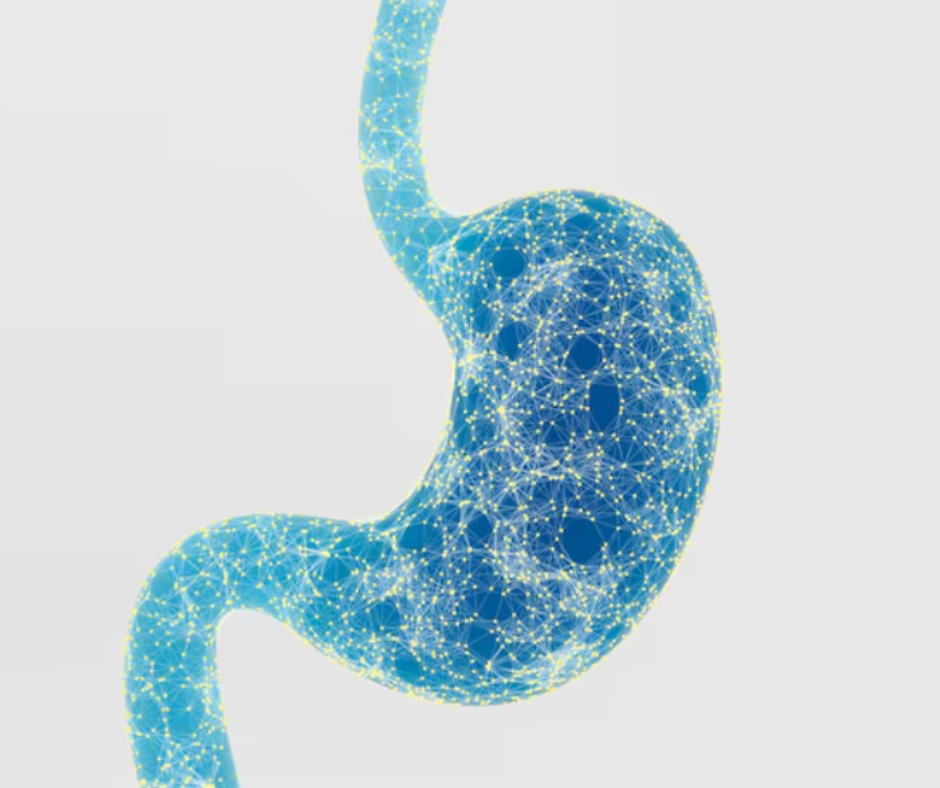Hepatology and Gastroenterology: Understanding the Differences and Overlaps
- livercarecenter23
- Jun 25, 2024
- 2 min read

In the field of medicine, hepatology and gastroenterology are two closely related specialties that often overlap but have distinct areas of focus. Understanding the differences between these two fields, as well as their interconnections, is crucial for patients seeking specialized care for digestive and liver-related conditions.
What is Gastroenterology?
Gastroenterology is a branch of medicine that focuses on the digestive system and its disorders. This specialty covers a wide range of organs and structures, including:
Esophagus
Stomach
Small Intestine
Large Intestine (Colon)
Rectum
Anus
Pancreas
Gallbladder
Bile Ducts
Gastroenterologists are physicians who diagnose, treat, and manage conditions affecting these organs. Common issues managed by gastroenterologists include:
Gastroesophageal reflux disease (GERD)
Peptic ulcers
Irritable bowel syndrome (IBS)
Inflammatory bowel diseases (IBD) such as Crohn's disease and ulcerative colitis
Colorectal cancer
Pancreatitis
Gallstones
Functional gastrointestinal disorders
What is Hepatology?
Hepatology is a subspecialty within gastroenterology that specifically focuses on the liver, gallbladder, biliary tree, and pancreas. Hepatologists are experts in diagnosing, treating, and managing liver-related conditions, including:
Viral hepatitis (Hepatitis A, B, C, D, E)
Non-alcoholic fatty liver disease (NAFLD)
Alcoholic liver disease
Liver cirrhosis
Liver cancer (Hepatocellular carcinoma)
Genetic liver disorders (Hemochromatosis, Wilson’s disease, Alpha-1 antitrypsin deficiency)
Liver transplantation
Training and Education
Both gastroenterologists and hepatologists undergo extensive training:
Medical School: Both complete four years of medical school.
Residency: Both complete a three-year residency in internal medicine.
Fellowship: Gastroenterologists complete a 2-3 year fellowship in gastroenterology. Hepatologists often complete an additional fellowship or specialized training in hepatology, which can include advanced focus on liver diseases and transplantation.
Key Differences
While both specialties deal with the digestive system, there are key differences:
Scope of Practice: Gastroenterologists treat a wide range of digestive disorders affecting multiple organs, while hepatologists focus more narrowly on liver-related conditions and diseases of the biliary tree and pancreas.
Specialized Expertise: Hepatologists possess deeper expertise in liver diseases and liver transplantation. They handle complex cases such as advanced cirrhosis, liver cancer, and chronic hepatitis.
Procedures: Gastroenterologists perform a variety of endoscopic procedures, such as colonoscopies and upper endoscopies. Hepatologists may also perform these but are more likely to be involved in procedures like liver biopsies and managing liver transplant patients.
When to See a Gastroenterologist vs. a Hepatologist
Gastroenterologist: If you have symptoms like persistent heartburn, abdominal pain, irregular bowel movements, or issues related to the stomach, intestines, or pancreas, a gastroenterologist is the appropriate specialist.
Hepatologist: If you have signs of liver disease such as jaundice, abnormal liver function tests, chronic viral hepatitis, or if you have been diagnosed with cirrhosis or liver cancer, you should see a hepatologist.
Conclusion
Gastroenterology and hepatology are intertwined fields that together cover a vast spectrum of digestive and liver health. While gastroenterologists manage a broad array of gastrointestinal issues, hepatologists focus more specifically on liver-related conditions. Understanding the distinctions and overlaps between these specialties can help patients seek the right specialist for their specific health needs, ensuring they receive the most effective and targeted care available.



Comments